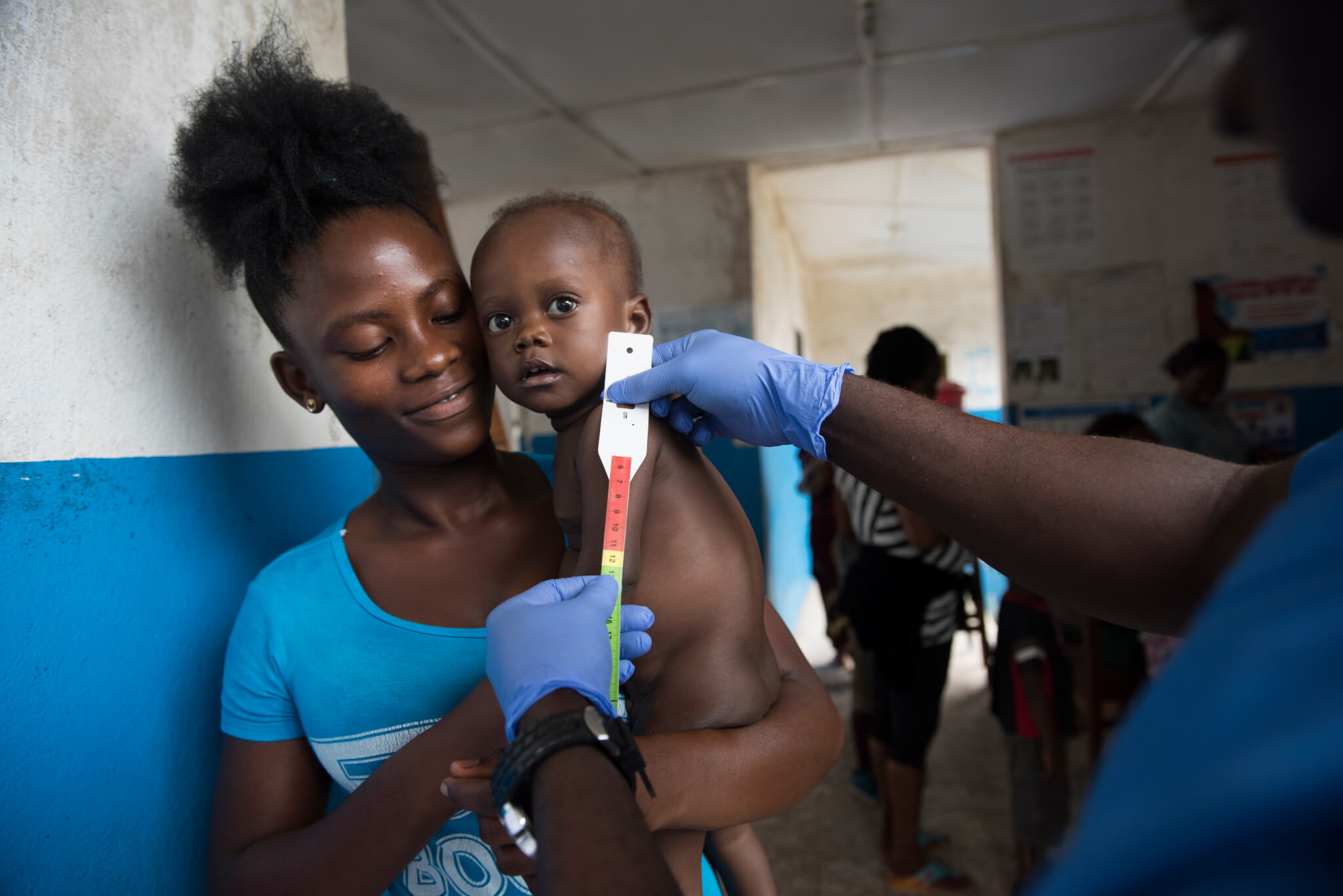Generating new funding, building effective partnerships and driving investment in nutrition programmes that deliver at scale
Our purpose is to raise money and create partnerships to advance the fight against malnutrition in Africa and Asia. Every day, our team works towards our vision of a world where every child has good nutrition to achieve their full potential.
To achieve this, we build partnerships that enable us to co-finance national nutrition programmes in countries with the highest need.
Our unique model enables investors to maximise the impact of their funding by joining larger programmes, carefully designed to deliver scale, sustainability and systemic change.
The cycle of malnutrition cannot be broken by governments, businesses, philanthropists or civil society alone. It requires effective partnerships that work towards systemic and sustainable solutions.
The Power of Nutrition is committed to convening new and stronger partnerships that make the most of all the skills, knowledge, experience and resources that exist across private, public and non-governmental sectors.
Working with The Power of Nutrition gives partners access to pooled resources for greater impact. We bring together funders, expert implementing partners and national governments to mobilise more financing to transform global nutrition together.
The Power of Nutrition invests in countries with the highest burden of malnutrition. Our investments priortise all forms of undernutrition, and partially overweight or obesity in cases where a ‘double burden’ of malnutrition is prevalent.
We work with implementing partners including the World Bank, UNICEF, Save the Children, World Vision, Nutrition International and other NGOs with a strong track record in delivering effective programmes and with the capacity to support governments to prioritise and increase access to nutrition.
We champion a systems-wide approach to tackling malnutrition, working mainly in long-term development sectors. Our investments are carefully designed to help governments improve national and local systems and deliver high impact nutrition services.
Our multisectoral approach enables us to support the development of sustainable solutions to malnutrition.
Evidence shows that improving the quality of nutrition at crucial development moments in childhood, adolescence and for women represent the best way to reduce and prevent malnutrition and its lifelong implications.
The Power of Nutrition aims to scale up evidence-based interventions targeting young children – particularly in the crucial first 1,000 days of life – as well as infants, adolescents, and women of reproductive age, especially through pregnancy and motherhood. . These interventions were highlighted in the Lancet Series on Maternal and Child Nutrition as being proven to have the greatest impact reducing malnutrition.
Our programmes adopt a combination of these interventions, depending on needs, to improve nutrition outcomes and reduce levels of stunting, wasting, anaemia, micronutrient deficiencies, and overweight.

The Power of Nutrition is rigorous in our due diligence procedures. Due diligence is carried out at three stages in the investment process to ensure that we are working with the best possible partners, who share our vision and values, and only investing in programmes that are likely to deliver sustainable improvements to nutrition at scale. Read more about our process below.
We are also committed to continual monitoring, evaluation and learning from our programmes to ensure that our investments are having the greatest possible impact.
Independent evaluators Mathematica Policy Research and Avenir Health are running an evaluation through to 2023 to gather lessons from our experience and assess our contribution. This is providing real-time feedback on the effectiveness of our model and ways of working.
Due diligence is carried out at three stages in the investment process.
We want to build strong and enduring partnerships with funders who share our goals and values and who recognise the transformational effect that investing in nutrition can have on people’s lives and on the health of whole economies. Before accepting funding from new donors, we conduct a full due diligence process:
We seek to co-invest in programmes with the most appropriate implementing partners in each context. All our implementing partners must meet the following criteria:
Our due diligence on new investments is focused on ensuring they are aligned to the following criteria: